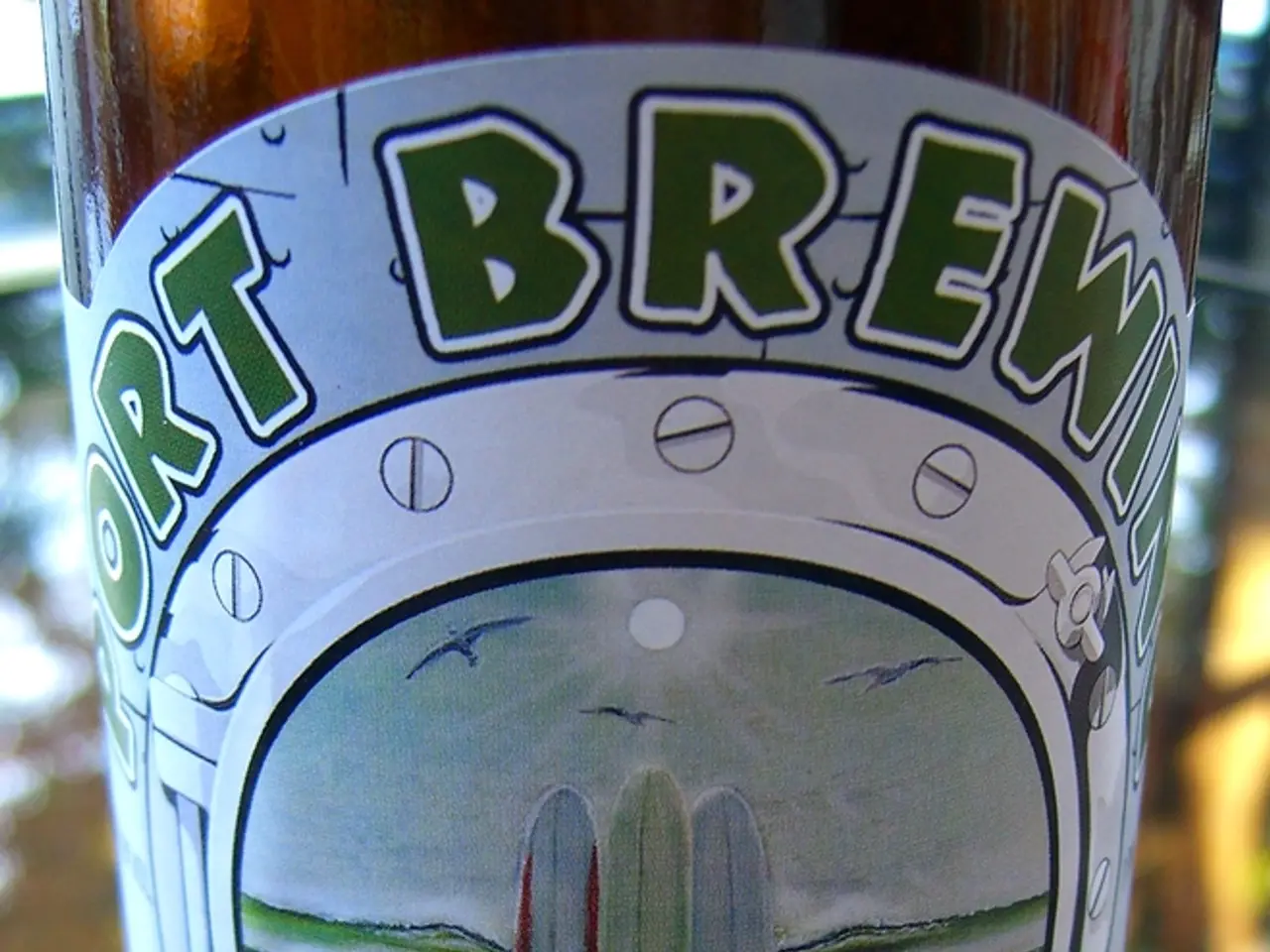Insider reveals authentic kvass from its counterfeit counterpart.
Refreshingly Different: Exploring Natural Kvass vs. Its Commercial Counterparts
The world of kvass has two faces - the natural, traditionally brewed version and its modern, commercial counterparts. Nutrition consultant Maria Verchenova shed light on this difference in an interview, emphasizing the significance of understanding the preparation method.
Many question the sugar content in kvass, hoping it's not a sugar bomb disguised as a healthy drink. However, Verchenova assures that if it's the natural product, all the sugars have already undergone fermentation.
"The key lies in the preparation technology," she explains. "There's a carbonated drink with a kvass taste, and then there's kvass as a fermentation product—they're two different things. In the fermentation product, all the sugar is produced." Initially, it's just water, sugar, and yeast, but the technologies are different.
Such variations can be traced back to the fermentation process. Traditionally, kvass is brewed by harnessing wild yeasts and lactic acid bacteria naturally found in the environment, creating a slow, variable fermentation process lasting several days. This allows a diverse microbial ecosystem to develop, generating complex sour flavors and mild alcohol content.
On the other hand, commercial versions often employ added commercial yeasts and quicker fermentation processes, prioritizing uniformity and speed over taste and health benefits. Some commercial products are merely sugary soft drinks with artificial flavors, lacking the authentic fermentation that gives natural kvass its unique characteristics.
The benefits of natural kvass aren't limited to its taste. Rich in probiotics produced during the fermentation process, it aids digestion and supports gut health. It also contains organic acids and potentially vitamins, offering antioxidant effects comparable to those in other fermented foods like sourdough bread.
However, it's essential to exercise caution with natural kvass, given that it's a live fermented product. Poor fermentation or contamination can lead to unsafe microbial growth. Additionally, natural kvass has a high glycemic index before fermentation, but most sugars are consumed during good fermentation. Consumers must be aware of the quality and preparation standards to avoid potential health risks.
In summary, natural kvass differs significantly from commercial imitations, boasting a complex flavor profile, nutritional advantages, and potential health benefits due to its slow, wild fermentation. However, consumers must be vigilant about the quality and preparation methods to ensure they're getting the real deal.
- Science reveals that the traditional, naturally brewed kvass offers health benefits such as aiding digestion and supporting gut health due to the probiotics produced during the fermentation process.
- Nutrition consultant Maria Verchenova highlights the importance of understanding the preparation method when comparing natural kvass to its commercial counterparts, as the technologies used can significantly impact the drink's taste, nutritional value, and potential health benefits.
- In the realm of health-and-wellness, food-and-drink options like healthy-diets and lifestyle choices often prioritize organic, naturally fermented products like natural kvass for their nutritional advantages and authentic flavors, as opposed to commercial versions that may lack these benefits due to quicker fermentation processes and artificial ingredients.







